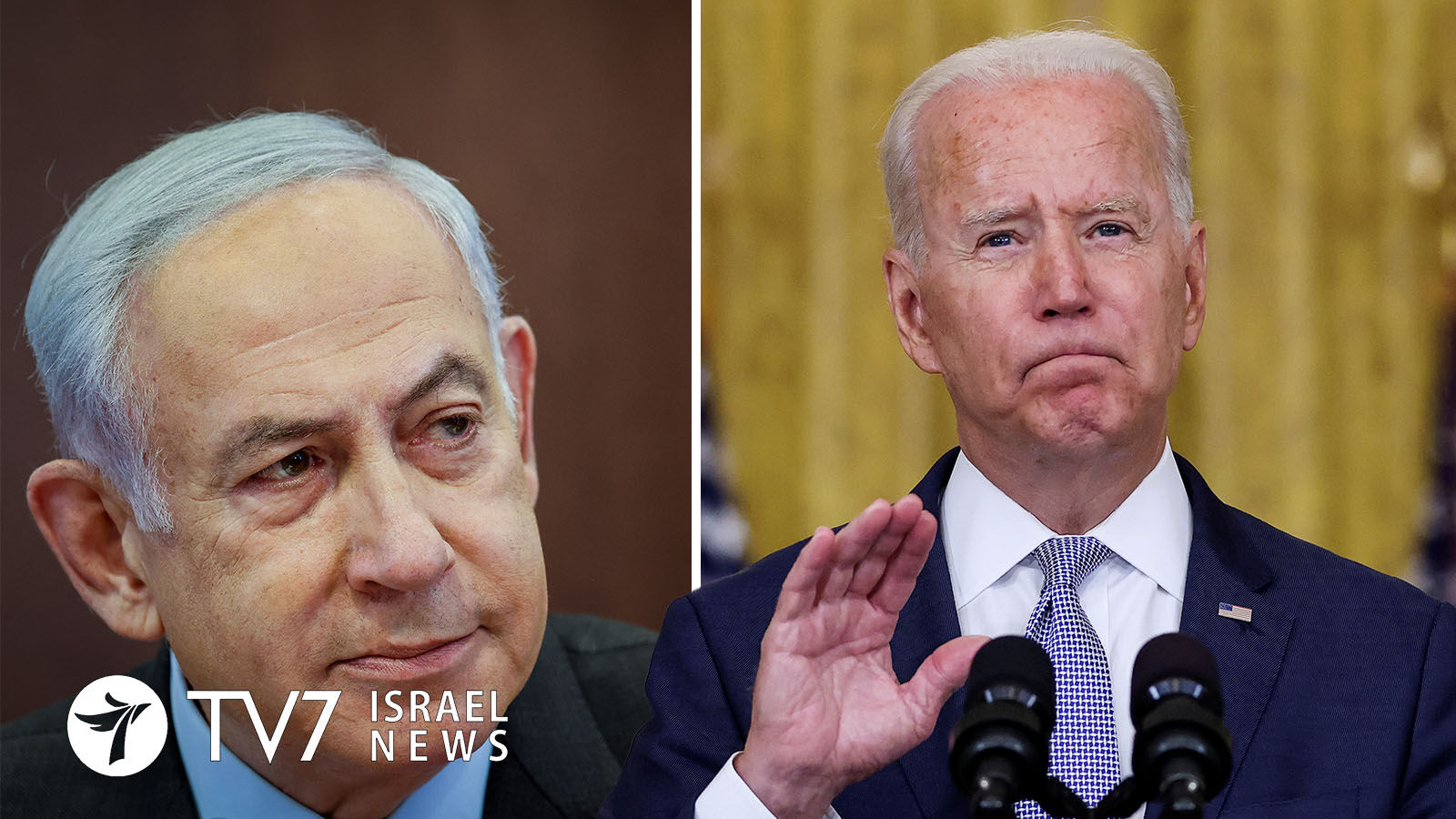Despite bilateral discussion on the matter, the invitation has yet to be forwarded.
By Erin Viner
The Israeli leader has conducted several visits to the country’s Western allies France, Germany and the United Kingdom since re-election in the 1 November’s election, but the United States has notably failed to schedule a state trip.
According to a source familiar with the matter, there have been general talks about the matter although dates have yet to be set.
The New York Times reported that US President Joe Biden plans to host the Israeli leader in coming months, citing American Ambassador to Israel Thomas Nides, who concurred that an itinerary has yet to be firmed.
Any such invitation could give the embattled Israeli leader a boost after he faced some of the biggest protests in Israel’s history over bitterly contested plans for a judicial overhaul. Netanyahu delayed the overhaul on Monday amid fears that Israel’s worst national crisis in years could fracture his coalition or escalate into violence.
Washington welcomed Netanyahu’s suspension of the judicial overhaul decision. Biden had shared his concerns about the overhaul directly with Netanyahu, said the White House.
Despite tensions between the two nations, Biden has so far avoided an acrimonious public confrontation with Netanyahu, while trying to make clear he opposes the contentious reform. The US leader and senior administration officials have also expressed alarm over the past three months since Israel’s right-wing 37th government took office about its plans for settlement expansion in the West Bank, as well as surging violence between Israelis and Palestinians.
Biden, who has known Netanyahu for about 40 years, has been direct with him in private phone calls, aides say, while continuing to publicly express support for Israel, the strongest US ally in the Middle East.
The American population largely has favorable views of Israel, home of major religious sites for Christians, Jews and Muslims. A Gallup poll conducted earlier this month revealed that, consistent with previous surveys over the years, a majority of US citizens expressed 68% support of the Jewish State vis-à-vis the Palestinian Authority, which garnered just 26%.e
In a statement issued by his office, Netanyahu expressed gratitude for Biden’s “longstanding commitment to Israel,” underscoring that, “the alliance between Israel and the United States is unbreakable and always overcomes the occasional disagreements between us.”
After doubling own that his coalition “is committed to strengthening democracy” with its judicial reform “via a broad consensus,” Netanyahu commented that, “Israel is a sovereign country which makes its decisions by the will of its people and not based on pressures from abroad, including from the best of friends.”
Over 100,000 Israelis protested outside the Knesset in Jerusalem on Monday as tens of thousands of others took to the streets at separate rallies nationwide, amid a general strike called by the largest labor union and entities in the private sector. In the first such action in Israeli history, the Ben Gurion International Airport, medical facilities, local and regional councils, universities and other institutions declared a general strike alongside the Histadrut Labor Union.
The sectors had joined forces in a widescale show of solidarity against the government’s judicial reform plan, fueled by Netanyahu’s firing of Defense Minister Yoav Gallant for having warned repercussions to Israel’s security if the proposal is passed by the parliament. The strikes were called off after Netanyahu announced the delay.
The nation has been gripped by weekly and increasingly raucous nationwide demonstrations following the 4 January 2023 announcement that the Netanyahu coalition – which took office only days before on 29 December 2022 – of a sweeping “reform of governance” to limit Supreme Court rulings against government moves or Knesset laws, while increasing politicians’ input over nominations to the bench.
The coalition, an alliance between the Premier’s Likud party with several smaller religious and hard-right nationalist factions, asserts it holds the mandate for changes, deemed necessary to curb overreach by activist judges and restore balance between the legislative, executive and judiciary.
The court’s defenders say it plays a vital role in holding the government to account in a country that has no formal constitution, and that the government’s overhaul would weaken the courts, endanger civil liberties and harm the economy. The proposal has drawn fierce condemnation from Opposition Members of Knesset (MKs), legal officials, military reservists and advocacy groups – further broadening already deep political divisions in Israeli society.
Prime Minister Netanyahu, who is himself on trial on corruption charges which he denies, had dismissed the protests as refusal by leftist adversaries to accept the results of the election, and has ardently defended the judicial overhaul.
